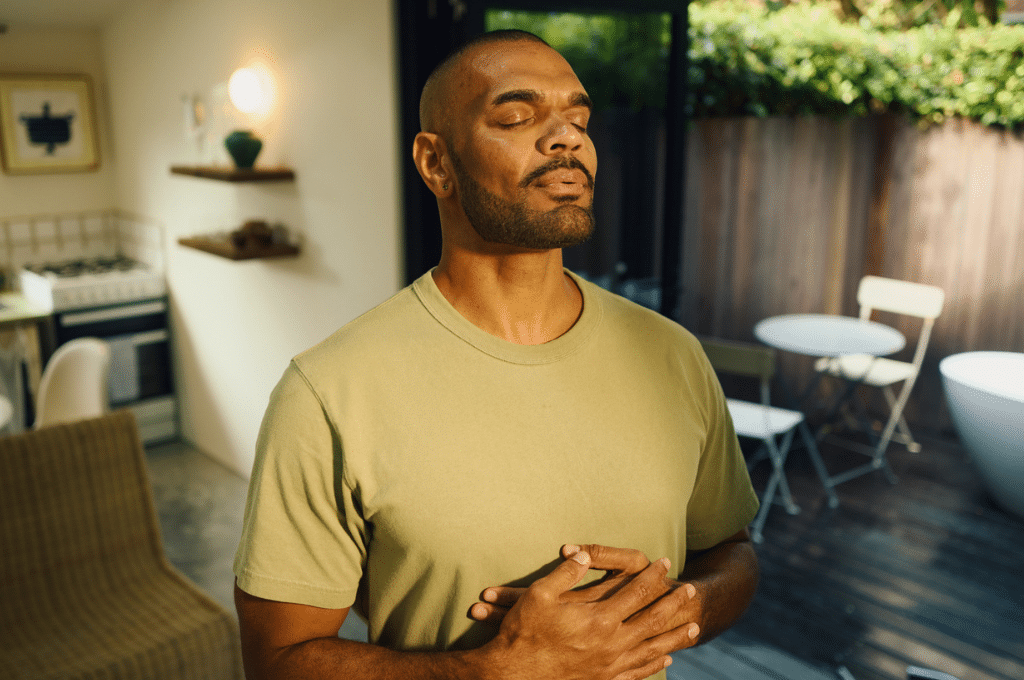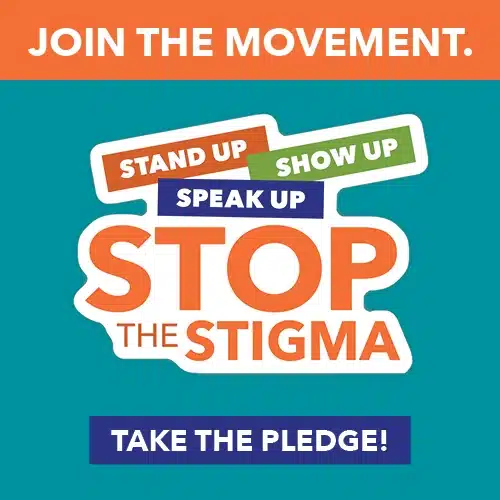This Bebe Moore Campbell National Minority Mental Health Awareness Month, we honor the deep connection between faith, spirituality and mental health recovery, especially in BIPOC (Black, Indigenous, and People of Color) cultures where traditional therapy may not be the first line of support. For many BIPOC individuals, spiritual practices are intertwined with culture, identity, and resilience. Traditions can offer a sense of purpose and connection to something greater than oneself.

Faith-based communities can offer a sense of belonging and rituals that promote hope and healing. This include:
- Trusted spaces when stigma blocks access to formal mental health care
- First responders in times of crisis, grief, or trauma
- Safe havens where people can be vulnerable, guided by shared beliefs
- Peer support through prayer groups, storytelling, music, and worship
Integrating Spirituality into Mental Health Care
Healing is strongest when we don’t have to choose between mental health and spiritual identity. As mental health professionals, we respect each individual’s spiritual beliefs and the inclusion of faith in the healing process. Our approach is not to replace spirituality, but to work alongside it. Whether it’s prayer, meditation, community service, or sacred rituals, spiritual practices can be powerful allies in recovery, especially when paired with culturally competent care.
Join the Movement to Stop the Stigma
Healing looks different for everyone and that includes honoring faith as part of the journey. That’s why we launched the Stop the Stigma campaign, designed to raise awareness and foster empathy for those struggling in silence. Join us by taking the pledge!









